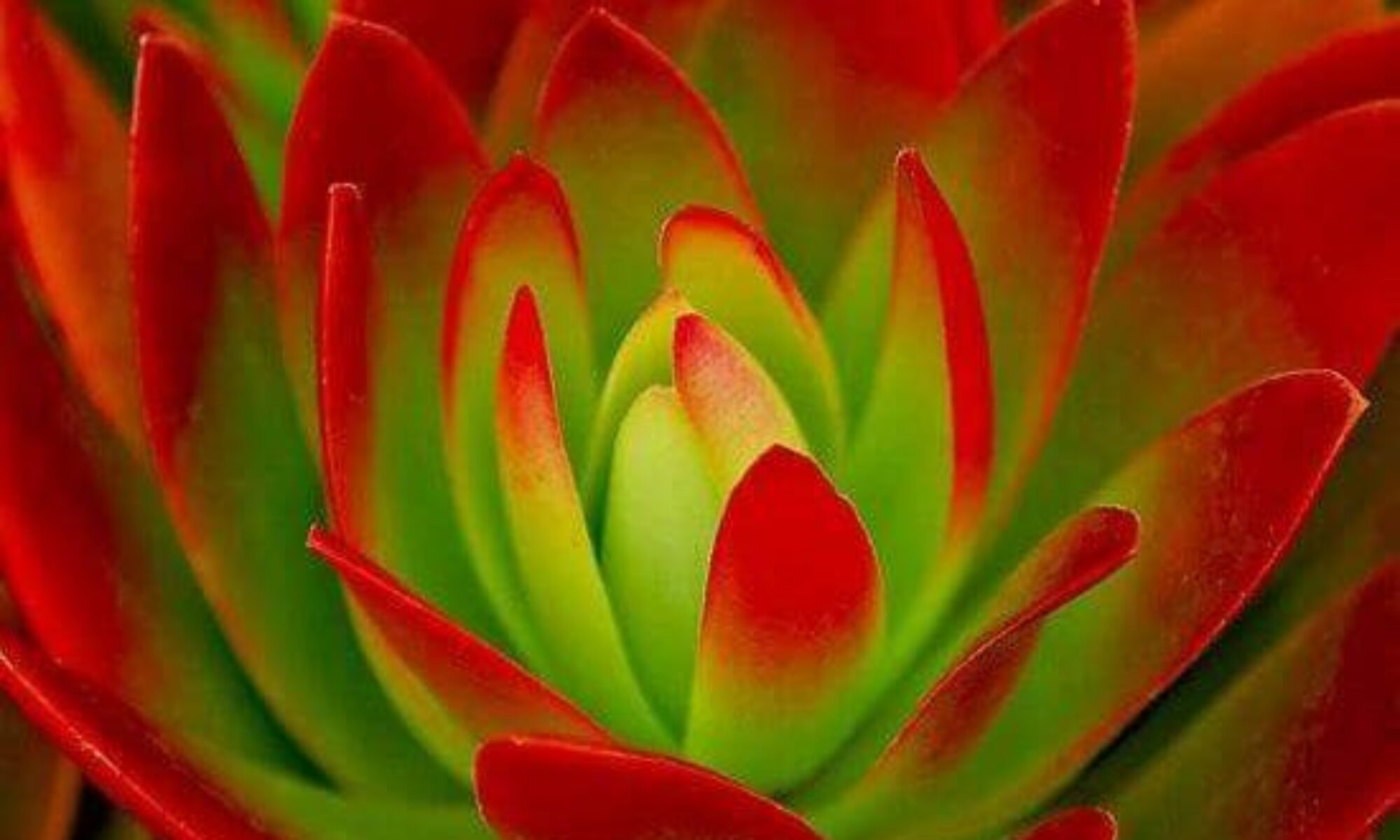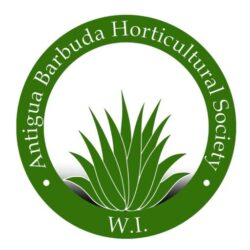Horticultural Society networks to address lethal yellowing
St. John’s Antigua- A non-profit organisation which deals with the protection of the country’s flora and fauna is coming to the aid of the government as it seeks to rid the country of the lethal yellowing disease.
President of the Antigua & Barbuda Horticultural Society Barbara Japal said her organisation is looking at instituting a number of programmes to help create a greater level of awareness.
The group is in the process of connecting with regional bodies to complement the work of the government.
Japal said the Society would be seeking to address the devastating disease by collaborating with other organisations across the region also affected by the virus.
“We have dialogued with horticulture societies in our neighbouring islands – Barbados, St Kitts and Nevis to share their experiences on a weekly basis just to keep us up to date with what’s going on,” Japal said.
She said the Society will also be producing information materials to be made available on its website.
Japal continued that, during the last four decades, outbreaks of lethal yellowing disease have killed most of the once prevalent taller coconut cultivars in parts of Florida and some Caribbean islands.
The president added that while coconuts are the most economically important palms affected by the disease, 35 other palm species are also susceptible to lethal yellowing.
The government, over the past few months, has been moving speedily to tackle lethal yellowing which has the potential to wipe out the country’s coconut industry.
Lethal yellowing results in the premature shedding of fruits and causes the leaf to become yellow, resulting in the plant dying within three to six months of the disease appearing.
The Plant Protection Unit, headed by Dr Janil Gore-Francis, has been tasked with rolling out a management plan to control the disease.

